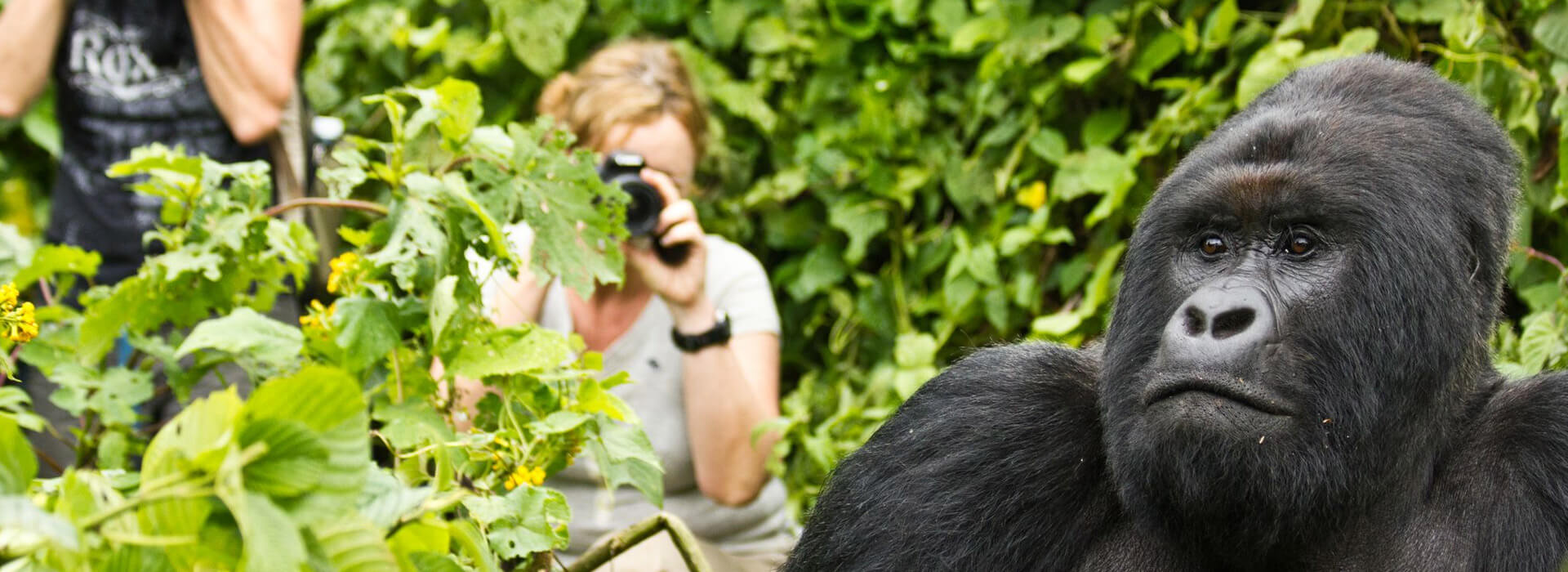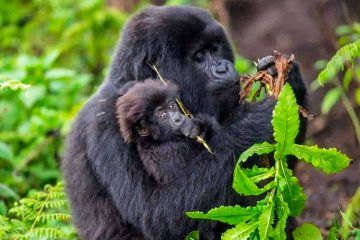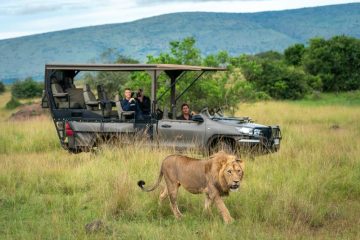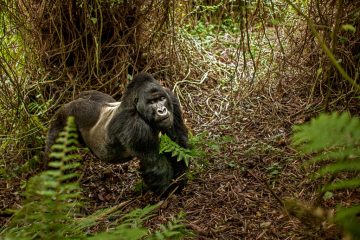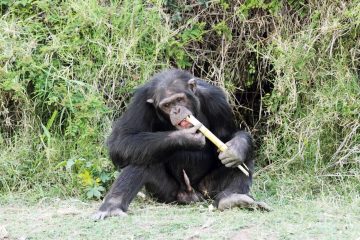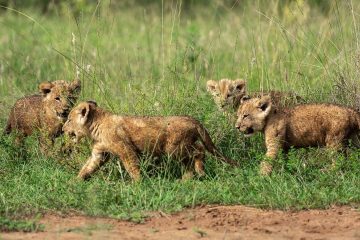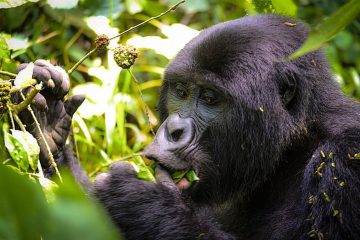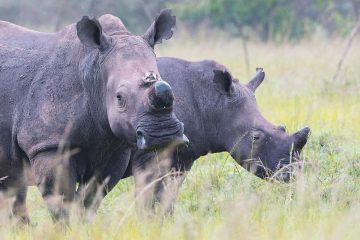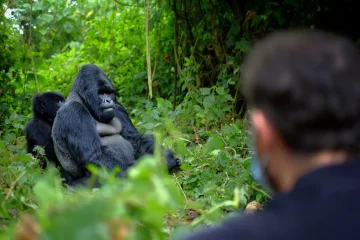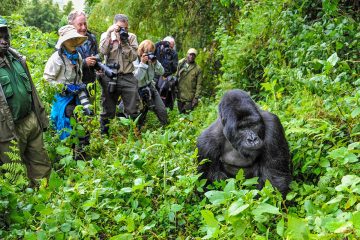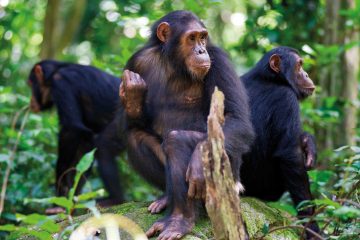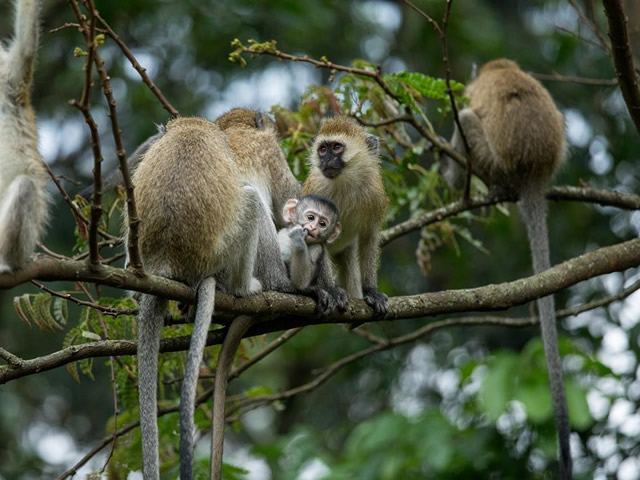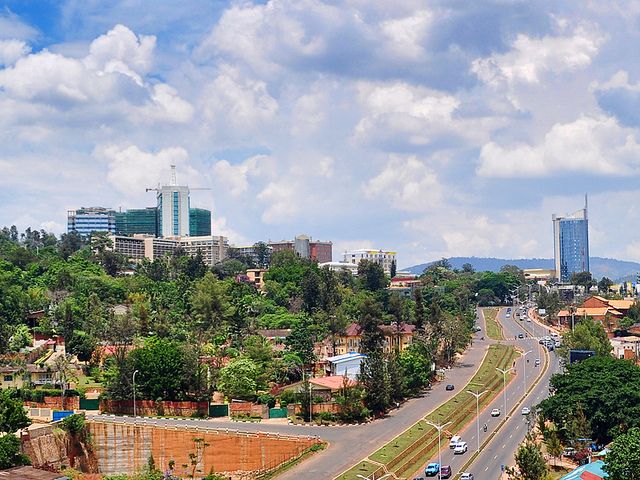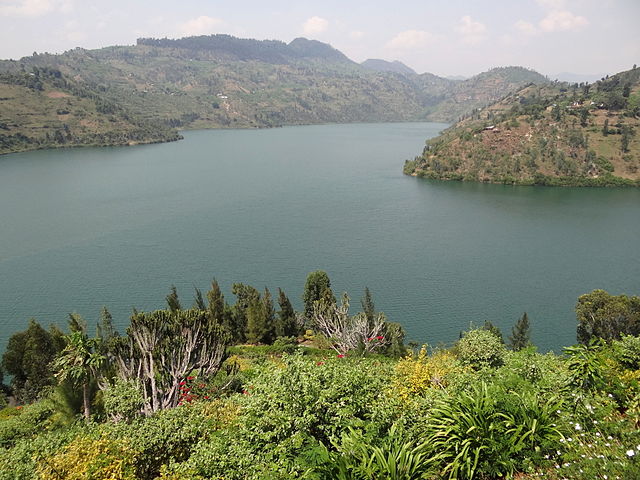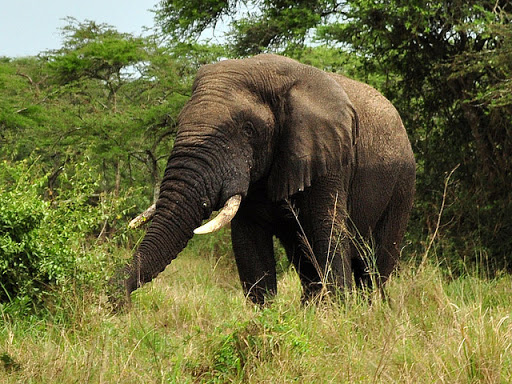Rwanda offers a wealth of experiences that celebrate its natural beauty, cultural diversity, and commitment to sustainable tourism practices. From exploring the lush rainforests and spotting rare mountain gorillas to immersing yourself in the vibrant local culture and history, Rwanda has something for every type of traveler. Whether you’re seeking adventure, relaxation, or a deeper connection with nature, Rwanda’s offerings are sure to leave a lasting impression on your heart and mind. Nestled in the heart of East Africa, Rwanda is a land of captivating beauty and rich cultural heritage. Despite its tumultuous history, Rwanda has emerged as a beacon of hope and resilience, offering visitors a glimpse into its lush landscapes, vibrant wildlife, and warm hospitality. From the misty mountains of Volcanoes National Park to the serene shores of Lake Kivu, Rwanda’s diverse attractions promise unforgettable experiences for travelers seeking adventure, culture, and conservation. Whether you’re trekking with gorillas, exploring ancient forests, or immersing yourself in local traditions, Rwanda’s charm and beauty will leave you in awe. With its commitment to sustainability and community development, Rwanda is not just a destination for tourism, but a place where visitors can truly connect with the land and its people.
Rwanda offers a unique blend of thrilling safari adventures, cultural experiences, and conservation initiatives that promise to captivate and inspire travelers from around the world. By exploring Rwanda’s diverse attractions and supporting sustainable tourism practices, visitors can contribute to the conservation of the country’s natural heritage while creating unforgettable memories that will last a lifetime.
Safari Activities and Experiences in Rwanda
Game Drives
1. Explore Akagera National Park: Embark on exhilarating game drives through Akagera National Park, Rwanda’s premier safari destination, where diverse ecosystems teem with iconic African wildlife, including elephants, lions, giraffes, and antelopes. 2. Spot Rare Species: Keep your eyes peeled for rare and elusive species such as the African leopard, spotted hyena, and eastern black rhinoceros, as well as over 500 species of birds that call the park home.
Boat Safaris
1. Cruise Along Lake Ihema: Take to the waters of Lake Ihema on a scenic boat safari, where you can observe hippos, crocodiles, and a variety of waterbirds in their natural habitat. 2. Sunset Cruises: Experience the magic of the African sunset as you cruise along the tranquil waters of Lake Ihema, soaking in the breathtaking views and listening to the sounds of the wilderness.
Guided Nature Walks
1. Explore the Park on Foot: Lace up your hiking boots and set out on guided nature walks through Akagera National Park, accompanied by experienced rangers who will share their knowledge of the park’s flora and fauna. 2. Bush Breakfasts: Indulge in unforgettable bush breakfasts served amidst the park’s pristine wilderness, where you can savor delicious meals while surrounded by the sights and sounds of the African bush.
Conservation Efforts in Rwanda
Community Involvement in Conservation
1. Collaborative Conservation Projects: Learn about collaborative conservation efforts between local communities, government agencies, and conservation organizations aimed at protecting Rwanda’s natural heritage and promoting sustainable tourism. 2. Eco-Friendly Lodges: Stay at eco-friendly lodges and camps that prioritize sustainability and environmental stewardship, supporting initiatives such as waste reduction, energy efficiency, and wildlife conservation.
Wildlife Rehabilitation and Reintroduction
1. Akagera Rhino Fund: Support the Akagera Rhino Fund, a conservation initiative dedicated to protecting and reintroducing the critically endangered eastern black rhinoceros to Akagera National Park. 2. Wildlife Rehabilitation Centers: Visit wildlife rehabilitation centers and sanctuaries that rescue, rehabilitate, and release injured or orphaned animals back into their natural habitats, contributing to the conservation of Rwanda’s biodiversity.
Responsible Tourism Practices
1. Responsible Gorilla Trekking: Practice responsible gorilla trekking guidelines, such as maintaining a safe distance from the gorillas, minimizing noise and disturbance, and adhering to park regulations to ensure the well-being of these endangered primates. 2. Support Conservation Initiatives: Contribute to conservation efforts through responsible tourism practices, such as participating in wildlife monitoring programs, volunteering with conservation organizations, or donating to wildlife conservation funds.

